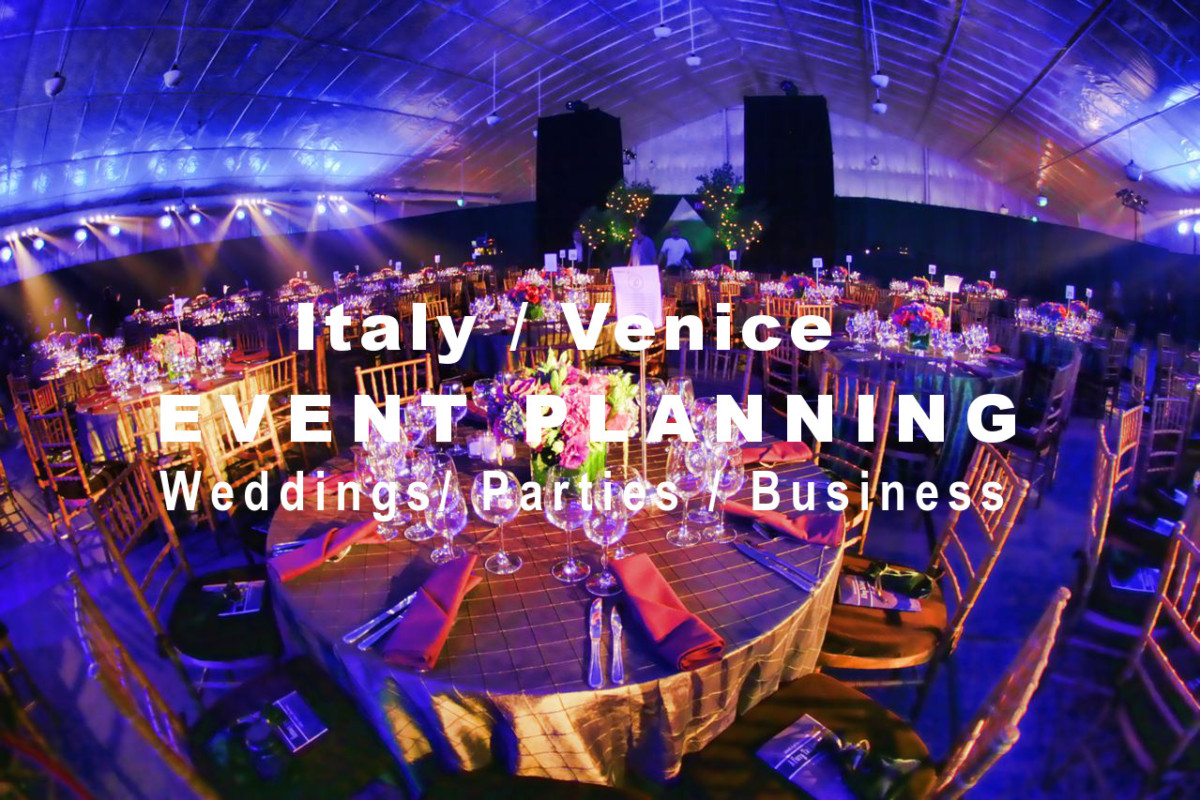What is the goal of event marketing?

The goal of event advertising is to promote a model, product, service, or trigger through the organization and execution of occasions. Event marketing aims to create meaningful and interesting experiences for the target market, leaving an enduring impression and encouraging specific actions or behaviors. Here are the key aims of event marketing:
1. Increase Brand Awareness:
Events present a chance to showcase the brand's personality, values, and offerings to a wider audience. Through participating and memorable experiences, occasion advertising goals to increase brand consciousness amongst attendees and members.
2. Generate Leads and Sales:
Events create opportunities for direct interplay with potential clients. Event advertising goals to generate leads and gross sales by attracting interested people, offering product demonstrations, and providing promotions or reductions to encourage immediate purchases.
three. Build and Strengthen Relationships:
Events offer a platform for building and nurturing relationships with clients, purchasers, partners, and stakeholders. Face-to-face interactions create a sense of belief and connection, fostering long-term relationships that may lead to loyalty and repeat enterprise.
four. Showcase Products or Services:
Events present a physical area to showcase merchandise, services, or innovations. Attendees can experience, contact, and check merchandise firsthand, leading to a deeper understanding and appreciation of what the brand presents.
5. Educate and Inform:
Event advertising goals to teach the audience concerning the brand, its values, and its offerings. Seminars, workshops, product demonstrations, and shows provide opportunities to inform attendees about trade developments, best practices, and the model's distinctive promoting points.
6. Gather Feedback:
Events allow manufacturers to gather valuable feedback from attendees. Surveys, focus groups, and direct conversations allow marketers to grasp customer preferences, opinions, and considerations, serving to in refining products or services.
7. Enhance Brand Image:
Well-executed events contribute positively to a brand's image. Unique and impressive occasions create a buzz, portraying the brand as innovative, customer-focused, and forward-thinking.
8. Support Product Launches:

Events are often used to launch new services or products. Event advertising https://members.oldhamcountychamber.com/list/member/black-ops-productions-2842 to create pleasure and anticipation across the launch, guaranteeing that the product gains instant consideration and interest from the target audience.
9. Promote Social Sharing and Engagement:
Events can go viral on social media platforms. Event advertising goals to encourage attendees to share their experiences, photographs, and movies on social networks, extending the event's reach and engagement with a wider on-line viewers.
10. Drive Website Traffic and Online Presence:
Events can drive traffic to the model's web site or on-line platforms. Event advertising aims to combine online and offline experiences, encouraging attendees to visit the model's website, social media profiles, or on-line stores for more information or exclusive presents.
In summary, event advertising goals to create immersive and interactive experiences that resonate with the audience, foster relationships, and drive specific actions. Through events, brands can join with individuals on a private degree, leaving a lasting impression and influencing their perception and conduct towards the model..
